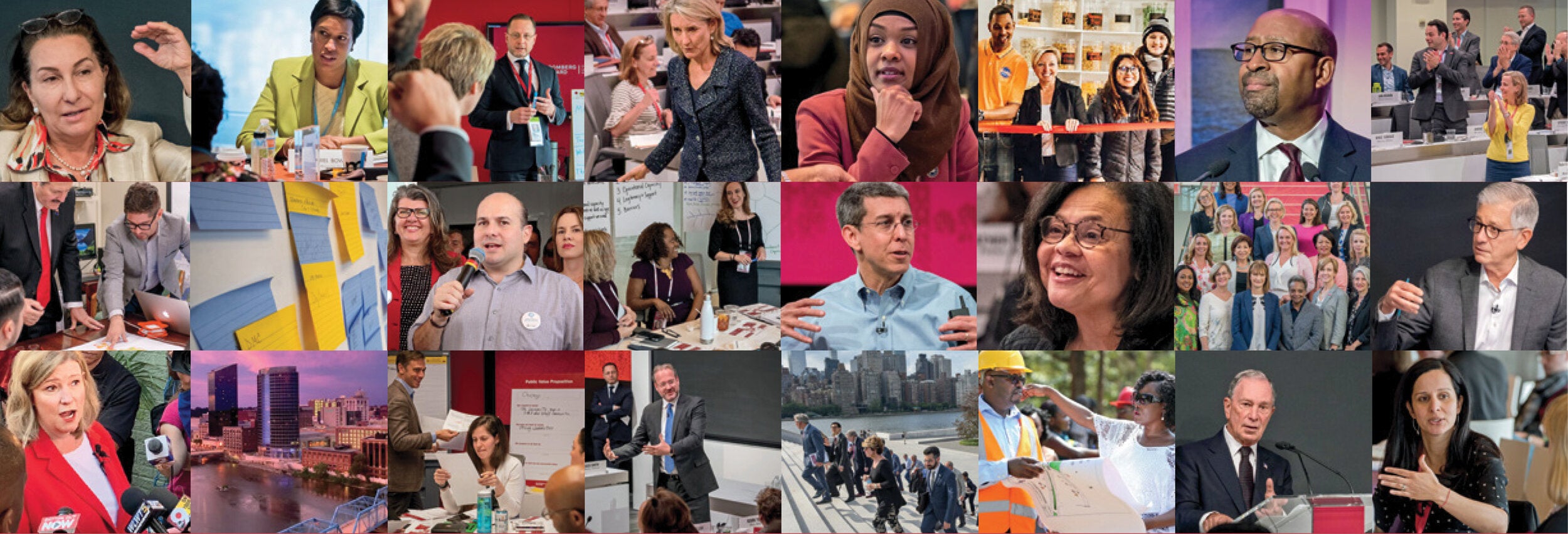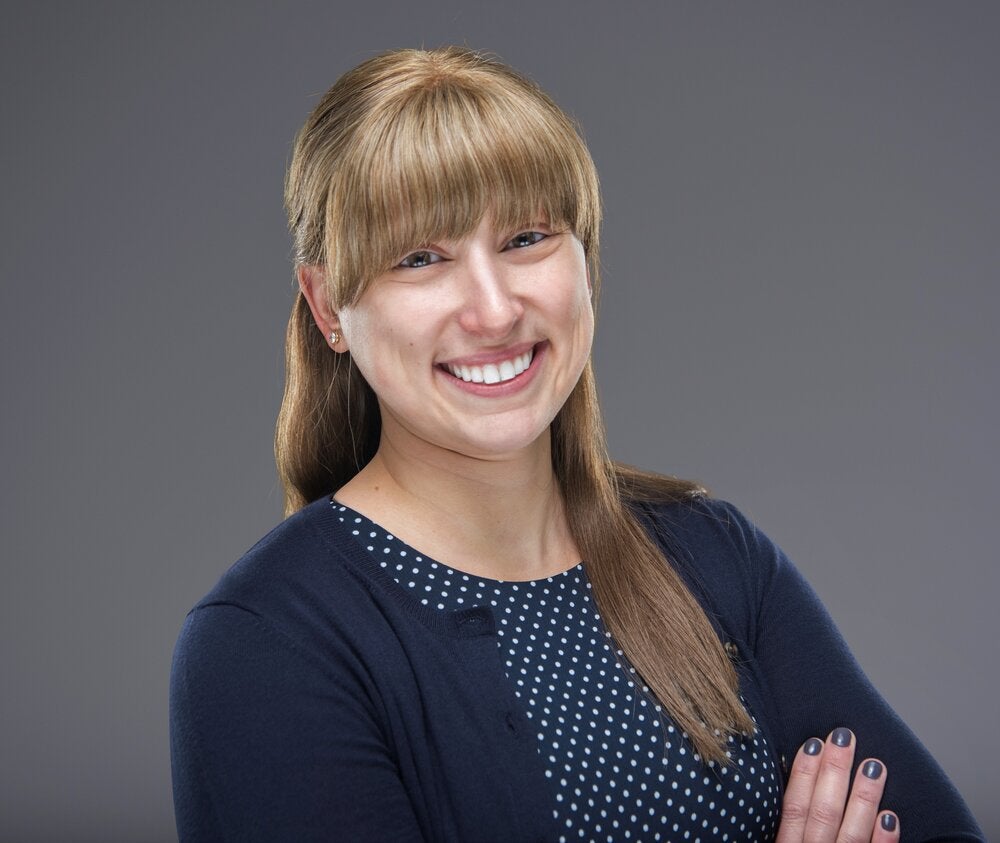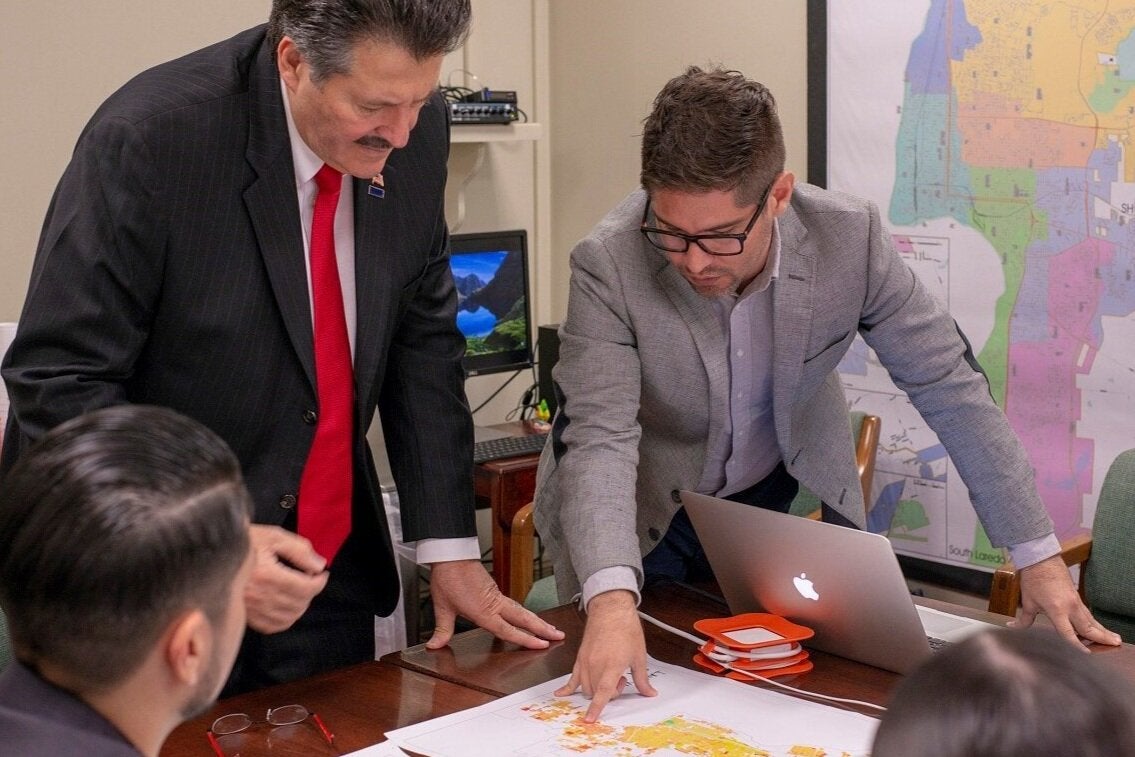Every day in cities around the world, mayors and their teams are confronting global issues at the local level. From mitigating the impact of extreme temperatures and rising sea levels due to climate change, to stimulating economic investment in underserved neighborhoods, to ensuring the equitable delivery of COVID-19 vaccines, city leaders work on the ground, implementing innovative policies to solve complex challenges and improve the lives of citizens in the communities they serve.
Until just a few years ago, however, there weren’t many opportunities for mayors to hone their leadership and management skills, learn from important research on city governance, and simply network with one another. That changed in 2017 with the creation of the Bloomberg Harvard City Leadership Initiative—a collaboration among Bloomberg Philanthropies, Harvard Kennedy School (HKS), and Harvard Business School (HBS). Since the Initiative’s inception, made possible by a gift from Bloomberg Philanthropies, more than 400 mayors and 1,300 city officials in 48 countries have leveraged the Initiative’s intensive leadership and management programming to advance critical priorities for their cities.
A spring 2021 gift from Bloomberg Philanthropies cements this successful program as a permanent component of the University and expands its wide-ranging impact, establishing the Bloomberg Center for Cities at Harvard University. “Mayors are the most creative and effective problem-solvers in government—and that’s exactly the kind of leadership that the world urgently needs,” says Michael R. Bloomberg MBA ’66, LLD ’14 (hon.), 108th mayor of New York City and founder of Bloomberg L.P. and Bloomberg Philanthropies. “Building on our partnership with Harvard, this new investment will help more city leaders learn from one another and get even more big things done locally.”
“The Bloomberg Harvard City Leadership Initiative brought together Bloomberg Philanthropies, HKS, and HBS in a joint effort to train city leaders, conduct groundbreaking research on local governance, develop new curriculum, and engage Harvard students in the work of city hall,” explains Jorrit de Jong, Emma Bloomberg Director at the Bloomberg Center for Cities at Harvard University and Emma Bloomberg Senior Lecturer in Public Policy and Management. “Our mission is to support exceptional city leaders today while investing in the city leaders of tomorrow.”
This premise has been put into action in response to the pandemic and other emerging challenges. When city leaders around the world were frantically searching for ways to safeguard public health against COVID-19, the Initiative hosted weekly sessions for more than 400 mayors and senior city officials to provide guidance from top Harvard faculty and encourage city-to-city relationships that enabled participants to assess potential emergency responses with one another. And in the wake of George Floyd’s murder and the protests that followed, the Initiative held special public narrative workshops on leading through loss and talking about race for alumni of the program.
“When you become a mayor, no one hands you a playbook about how to do it and do it well. And I think Bloomberg Harvard is the closest thing to that. You’ve not only developed our skills but built a community.”
This next phase of the Bloomberg-Harvard partnership will broaden the scholarship and research that advance the art, science, and practice of municipal governance through the establishment of the Emma Bloomberg Faculty Fund, which will endow at least 10 faculty positions for scholars focused on municipal problem-solving.
“This endowment of 10 Emma Bloomberg Professors is a major investment in building an academic community around city governance and leadership at Harvard and beyond,” de Jong says. “I am very excited about the opportunity the new center will have to facilitate interdisciplinary research and curriculum development as well as continuous engagement with practice.”
Additionally, two-year postgraduate City Hall Fellowships will place Harvard graduate students in mayoral offices around the world, where they can assist understaffed and under-resourced cities through their research and policy recommendations while also gaining invaluable experience in city government. And a 100 Days Program will support recently elected mayors during their pivotal first few months in office, providing resources to help them build their teams and offering custom programming for additional senior city hall officials.
A Powerful Platform
At the foundation of all these programmatic elements is the critical driving force that has made the Initiative so successful: the cross-disciplinary partnership between HKS and HBS.
“The greatest challenges facing cities emerge at the intersection of the economy and government,” says Rawi Abdelal, Herbert F. Johnson Professor of International Management at HBS and Emma Bloomberg Director of the Bloomberg Center for Cities at Harvard University. “Flourishing local economies require effective governance and institutions, and thriving cities need successful firms that create meaningful, dignified jobs for citizens. HKS and HBS are close to policy and business practice, and the combination of insights, approaches, and worldviews from both Schools has proven to be powerful.”
This collaborative spirit extends to program participants, who come to rely on each other both during and after the program—creating a network that has proved especially helpful in times of crisis. “I have been deeply impressed and inspired by how these city leaders supported each other during multiple crises by sharing problems and solutions,” says de Jong. “The learning environment we created became a platform for a global community of mayors working through gigantic challenges together in real time.”
The effectiveness of local leadership is particularly striking given today’s contentious political climate, Abdelal adds. “In an era of dysfunctional and increasingly extreme political divides at the national level in so many countries, when mayors and city leaders get together the conversation is never about the Left or the Right,” says Abdelal. “It’s just about how to solve problems effectively to improve the lives of citizens.”





